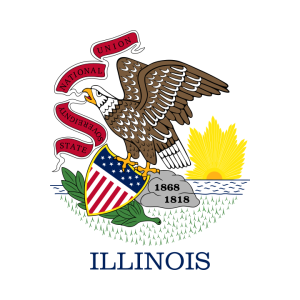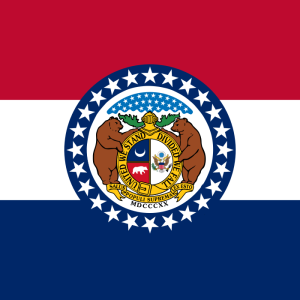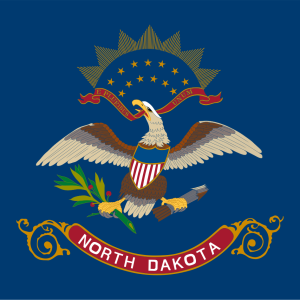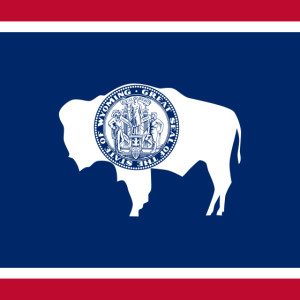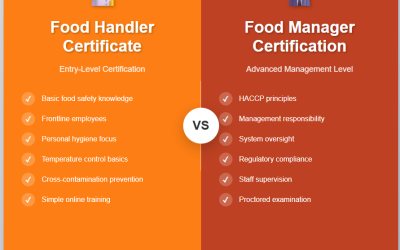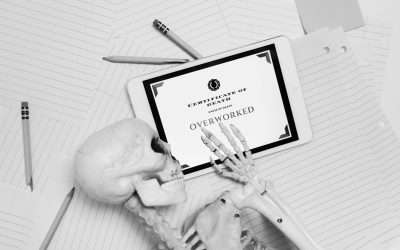How Food Handler Training Can Help Protect Restaurant Patrons
When you dine at a restaurant, you trust that the food on your plate is safe to eat. But behind every delicious meal is a team of food handlers whose knowledge and skills play a critical role in keeping you safe. Food handler training is more than just a regulatory checkbox—it’s a powerful tool that protects restaurant patrons from foodborne illnesses, enhances dining experiences, and builds trust. Let’s explore how this training makes a difference and why it’s essential for every restaurant.
The Hidden Risks in Food Service
Every year, the CDC estimates that 48 million Americans get sick from foodborne illnesses, with many cases linked to improper handling in food establishments. From cross-contamination to inadequate cooking temperatures, small mistakes can have big consequences. For restaurant patrons, this could mean anything from an upset stomach to a trip to the hospital. Food handler training steps in to address these risks head-on, equipping staff with the know-how to prevent them.
How Food Handler Training Protects Patrons
1. Preventing Foodborne Illnesses
Trained food handlers understand the science behind safe food preparation. They learn critical practices like:
- Proper Handwashing: A simple yet vital step to stop the spread of germs.
- Temperature Control: Cooking meats to the right internal temperature and keeping cold foods chilled to prevent bacterial growth.
- Cross-Contamination Avoidance: Keeping raw and cooked foods separate to avoid pathogens like E. coli or Salmonella.
When staff follow these protocols, the risk of serving contaminated food drops significantly, keeping patrons safe and healthy.
2. Ensuring Allergy Safety
Food allergies affect over 32 million Americans, and mishandling allergens can be life-threatening. Food handler training teaches staff to recognize allergens, read labels carefully, and avoid cross-contact during preparation. For example, a trained worker knows that using the same cutting board for peanuts and vegetables could trigger an allergic reaction. This vigilance protects diners with sensitivities, giving them peace of mind when they eat out.
3. Maintaining Hygiene Standards
A clean kitchen is a safe kitchen. Training programs emphasize personal hygiene (e.g., wearing gloves, tying back hair) and sanitation practices (e.g., regularly disinfecting surfaces). Patrons may not see the kitchen, but they’ll taste the difference when food is prepared in a spotless environment—and they won’t face the consequences of a dirty one.
4. Building Confidence Through Compliance
Restaurants that invest in food handler training often exceed local health regulations, which vary by state but typically require certification. Compliance isn’t just about avoiding fines—it signals to patrons that the establishment takes safety seriously. A certificate on the wall or a mention on the menu can reassure customers that their well-being is a priority.
Beyond Safety: Enhancing the Dining Experience
Safe food is the foundation of a great meal, but training does more than just prevent illness. When food handlers are confident in their skills, they work more efficiently, reducing wait times and ensuring consistent quality. Patrons enjoy fresher, tastier dishes—and they’re more likely to return or leave a glowing review. In a competitive industry, this edge can set a restaurant apart.
Why Every Restaurant Needs Trained Staff
For restaurant owners, the benefits are clear: fewer health violations, happier customers, and a stronger reputation. But for patrons, it’s personal. They want to enjoy a meal without worrying about what’s happening behind the scenes. Food handler training bridges that gap, turning potential risks into reliable safeguards.
Whether it’s a bustling diner or a fine-dining spot, every food handler—from cooks to servers—plays a part in patron safety. Professional training programs, like those offered by food safety experts, provide hands-on lessons, up-to-date regulations, and practical tips that staff can apply daily.
Take the Next Step
Food handler training isn’t just a good idea—it’s a game-changer for restaurants and their patrons. By investing in this essential education, establishments can protect their customers, boost their credibility, and serve up meals that delight without danger. Want to learn more about keeping your restaurant safe? Explore training options or reach out to a food safety specialist today.











